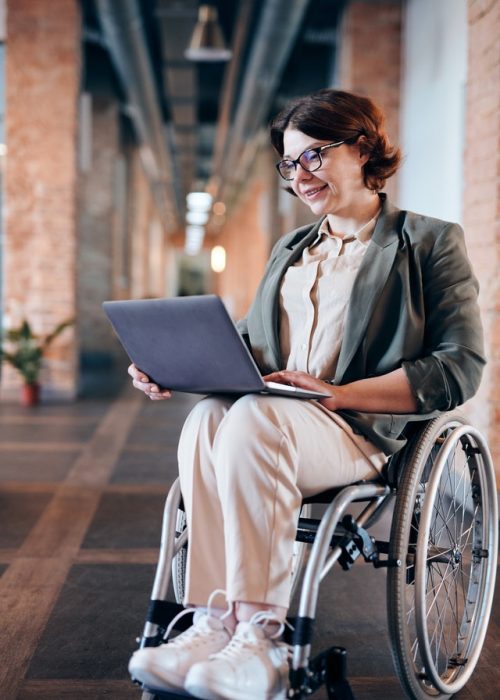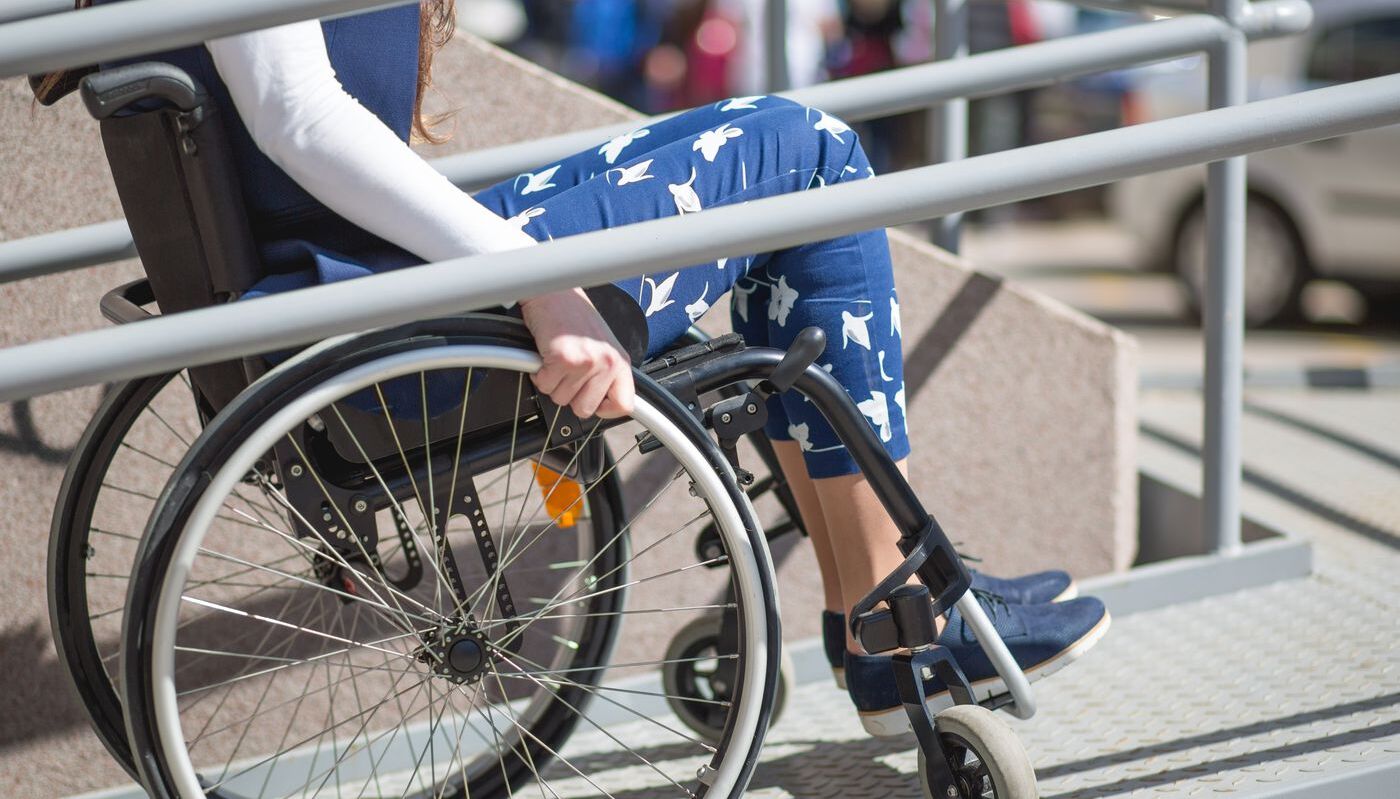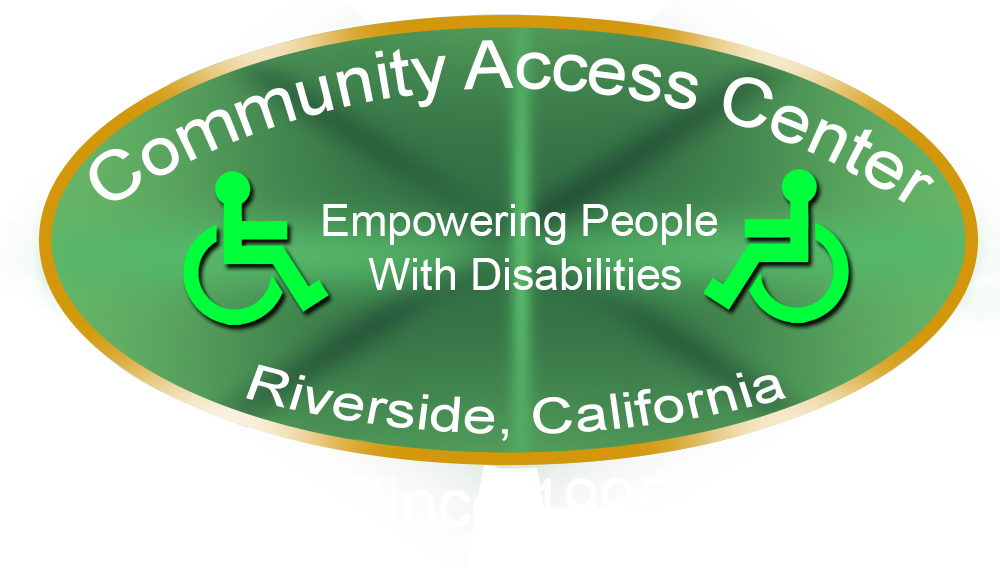Assistive Technology

What is assistive technology and who can use it?
Assistive technology is a term commonly used to refer to adaptive, assistive, or rehabilitation products or devices geared towards providing greater independence to those with disabilities or limited abilities. These products can assist people with a variety of things, including communication, mobility, learning, recreation, overcoming or dealing with physical or mental challenges, and help with daily life activities. The whole goal of assistive technology is to enhance a person’s quality of life through the use of such devices.
Examples of assistive technology
These are just a few examples of adaptive devices available today. Some are relatively easy to acquire, while others are more difficult to obtain due to availability or cost.
-furniture with lifts, or made for easy standing or sitting
Clothing with Velcro or snaps
-extended bath brushes
-mobility devices like scooters or walkers
Grab bars in the bathroom
Hearing devices and amplifiers
seat lifts
-large button phones
audio books
-wheelchair ramps and lifts
-special lights on smoke detectors, phones, and doorbells
Talking clocks
Motion sensors for lights
-“reachers” to help pick up, or reach up to, items
-easy-grip utensils
The AT Network Information and Referral Service can provide you with information on:
- Devices for daily living
- AT Funding Resources
- AT Service Providers
- AT Community Resources
Assistive technology is simply the tools and resources used by individuals with disabilities to help improve their quality of life. Assistive technology comes in many shapes and forms. It can be as simple as eyeglasses, hearing aids, knee braces, or manual and power wheelchairs, or as technologically sophisticated as voice-activated computer systems.
Assistive Technology Links
The following Internet Web sites are listed for your convenience. Inclusion of any web site should not be construed as an endorsement of the accuracy of, or support for, the information or views expressed by that site.
Adapt The official ADAPT website. It features information on ADAPT, grassroots disability activism, community based attendant services and more!
The National Library Service for the Blind and Physically Handicapped The National Library Service for the Blind and Physically Handicapped administers a free library program of Braille and recorded materials circulated to eligible borrowers.
The Library of the Braille Institute of American, Inc. NLS Reference Directories Cooperating Library Address List
Braille Institute Braille Institute is a private non-profit organization whose mission is to eliminate blindness and severe sight loss as a barrier to the fulfillment of life.
Community Access Center Never Charges A Fee For Services Provided.
We Advocate for you!
Investigation of discrimination claims and mediation on behalf of people with disabilities in order to resolve conflicts that impede the attainment of needed benefits and services.
Consumer Rights Notification
Every consumer of the Community Access Center has the right to appeal any decision that denies them service. (Please keep in mind that the appeal must adhere to specific guidelines and time constraints; request a copy of the procedure from your service provider.)If you desire representation in addressing your concerns or dissatisfaction with the Community Access Center (CAC), you have the right to contact the Client Assistance Program (CAP) for assistance. Contact the CAP at 1 (800) 776-5746 (and for the hearing impaired, their TTY is 1 (800) 576-9269), and you will be referred to a Client Assistance Program not connected with CAC. This will prevent any potential conflict of interest.

